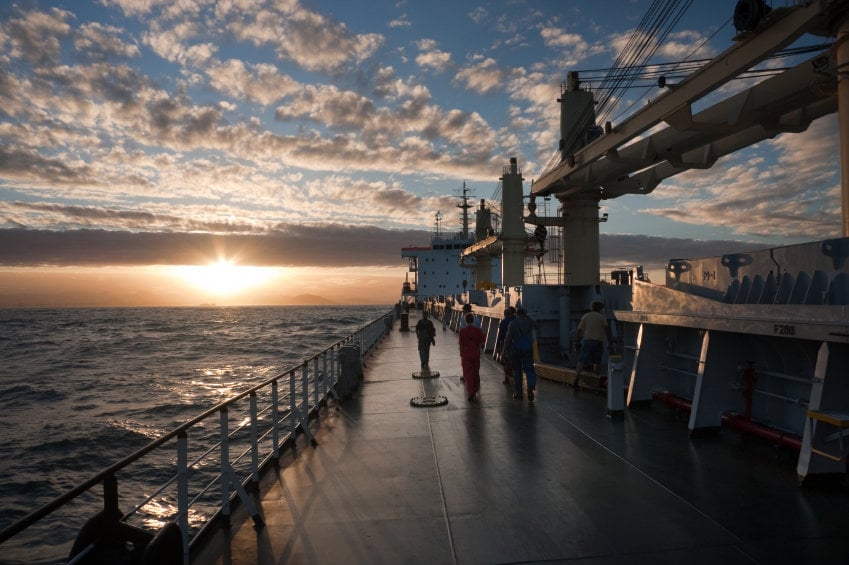Ever dreamt of an “out of this world” vacation? For more than half a century governments have had a monopoly on space travel due to its complexity and cost.

In March 1998 NASA and the US Space Transportation Association published a report acknowledging that space tourism was likely to start soon and could grow into the largest activity in space. 3 years later, on April 28th 2001, Dennis Tito paid $20 million for a seat on the Russian Soyuz spacecraft to become the world’s very first space tourist. The American businessman spent a whole week in orbit at the International Space Station.

For that amount of money you can travel the world hundreds of times, and then set up camp on a caribbean resort for a decade. But I don’t think money is an issue for Mr. Tito. Today cheaper and more affordable (?) alternatives for space travel are starting to appear. More companies have ventured into space tourism due to economic interest. There are now 42 accredited space travel agencies in North America. The space travel market can not yet be called a competitive one, but who knows what the future holds… In 30 years when deciding where to go on vacation you might be contemplating whether to go to France or to Space. On their website NASA states “Commercial space transportation is a vital component to the future of human space exploration.“
List of the world’s spaceports:
- California
- Oklahoma
- New Mexico
- Florida
- Virginia
- Alaska
- Wisconsin
- Esrange in Sweden
- Singapore
- India
- United Arab Emirates
Yuri Gagarin was the first man to go into space in 1961. Since then, Russian and US rockets have sent hundreds of trained astronauts into space to do research, build the International Space Station, fix satellites and land on the moon.

If you have the dough, you can go too. Space Adventures founded in 1998, is a private company that works with astronauts and cosmonauts to arrange this type of trip. They use a Russian Soyuz spacecraft that takes their clients to the International Space Station. An orbital getaway is still only attainable for the world’s wealthiest adventurers; just seven tourists have had the opportunity to go into orbit with Space Adventures in the past decade. The funny thing is that rather than becoming more affordable with time, the price tag has continued to climb.
You thought Dennis Tito got ripped off? Cirque du Soleil founder Guy Laliberte was the latest visitor to the International Space Station, and he reportedly paid about $35 million for the trip in 2009.

If you are not a Canadian billionare an “out-of-this-world experience” is not completely out of reach. If you want a piece of the space pie, but can’t afford the whole thing you can settle with gravity experience. Zero Gravity Corp. is a a private space entertainment and tourism company that offers the feeling of weightlessness. “Our mission is to make the excitement and adventure of space accessible to the public,” according to its website. Participants board a Boeing 727, which climbs to a high altitude and then dives steeply to give passengers the feeling of weightlessness. The cost of the Zero Gravity experience is $4,900 (plus tax). The company offers “team-building” corporate packages, and, get this; weightless wedding seremonies!

Another option that will emerge within the next few years is a sub-orbital flight that takes passengers to an altitude of about 100 kilometers before returning to Earth. This type of trip to the “edge of space” flies passengers high enough to see the curvature of the Earth and the blackness of space, and could offer them a few minutes of weightlessness. There are several companies already selling tickets and planning to start sub-orbital flights within the next few years. Virgin Galactic is developing spacecraft for tourism and commercial purposes, and may be the first to launch. Although it hasn’t started commercial service, the company is taking reservations since 2005. The starting ticket price for the flight and a three-day pre-flight training session is $200,000 and the refundable deposit is $20,000.
I would like to see more of our earth before I start exploring outer space, but maybe I’ll treat myself to a space adventure when I retire. Would you ever consider taking a trip to space?




